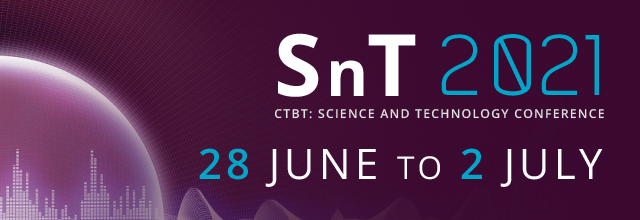Speaker
Description
Brazil does not have its NDC yet, but its creation has recently been discussed and, to contribute to these discussions, we have written the book The Brazilian Participation in the verification of CTBT, which presents the importance of an NDC, the advantages obtained with the its creation and demonstrated importance of CTBT in the control of nuclear weapons and in the construction of a solid social scientific knowledge base, through applications of the IMS data.
Brazil participates in CTBT with three technologies (seismic, infrasound and Radionuclide). The book presents the locations of the last nuclear test carried out by RPDK and the accidental explosion in Beirut.
There are several benefits for Member Countries with an NDC: access to raw and/or processed data; access to training and capacity building; access to software and technical support; access to a protected website that offers a platform for discussions and exchange of confidential information. By accessing the data of this worldwide network, Brazilian scientists will be able to develop studies and research in all areas of knowledge related to natural and man-made phenomena observable and measured by this worldwide IMS network. In this work we present the main subjects treated in the book.
Promotional text
The book was written to show the importance o an NDC in Brazil in order to better comprise with the CTBT

